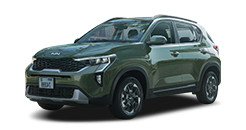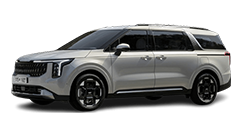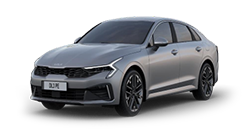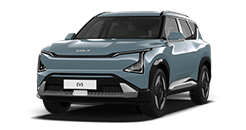Today, cars are integrating computers and artificial intelligence into their systems faster than expected. They can recognize your voice and process orders you make on the touchscreen. In addition, their functions are rapidly expanding from simple basics like map searches and phone connection to more advanced features like music play, weather forecasts, scheduling, and control of vehicle features like air conditioning and sunroof Soon, connected cars will boast even more advanced features such as controlling electric appliances at home, checking the health of drivers and communicating with doctorsvia a video call.
If autonomous driving technology is for the freedom of mobility, connected cars will enrich our lives. An in-house development of key technologies for connected car will strengthen Kia's possibilities for collaboration with leading global ICT players and investments in prospect start-ups. After rolling out its first connected car by 2020, Kia will expand application of relevant technologies until all of its cars are equipped with connected services by 2030.





















